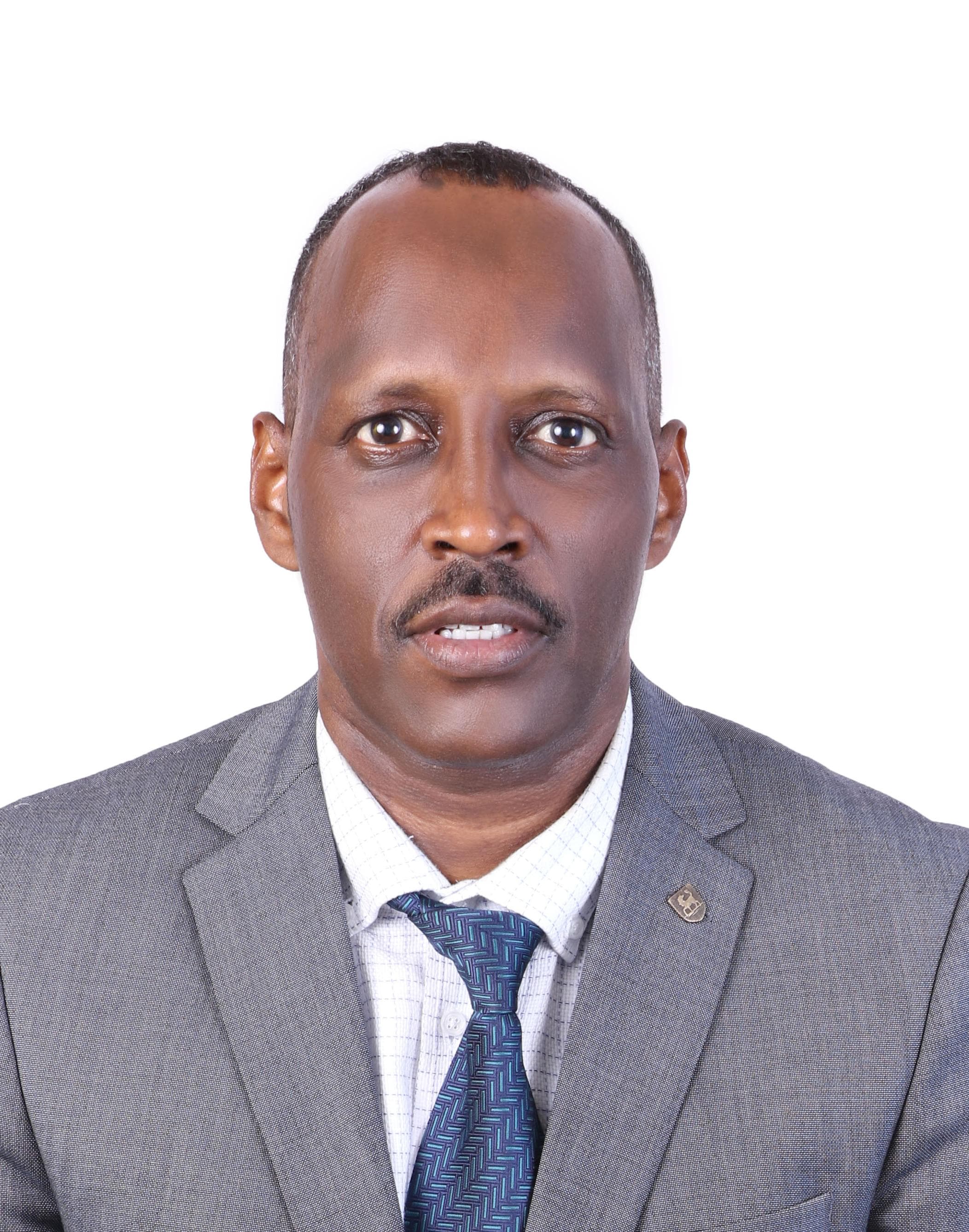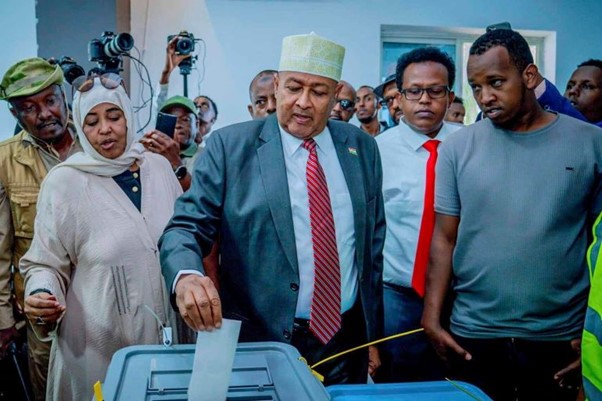
By Hon.Salah Maalim Alio
The recently concluded Somaliland presidential election marks a significant moment for the region, with the victory of Abdirahman Mohamed Abdullahi "Irro" of the Waddani Party over incumbent President Muse Bihi of the Kulmiye Party.
While the election was peaceful and well-conducted, it has drawn both praise and scrutiny from observers within the Horn of Africa and beyond.
Here's a look at the winners and losers of this important and historical political event.

The Winners
1. President-Elect- HE Abdirahman
Mohamed Abdullahi "Irro"
The Waddani Party leader emerged victorious, garnering over 200,000 votes more than his opponent. Irro's win represents a shift in Somaliland's political landscape, with voters signaling their dissatisfaction with the status quo under Bihi.
His leadership promises a
new chapter, though he faces immense challenges such as stabilsing a
struggling economy, addressing inflation, and navigating strained relations
with Somalia. His victory also underscores the maturity of Somaliland’s
democracy, as power transitions peacefully—a rare feat in the region.
2. Somaliland’s Electoral System
Despite widespread skepticism about governance in the Horn of Africa, Somaliland's electoral process has once again demonstrated resilience.
The smooth and largely transparent nature of the
election reinforces Somaliland's reputation as a beacon of democracy in a
volatile region. This has further solidified the region's case for
international recognition, a long-sought goal.
3. Waddani Party
The Waddani Party has successfully ended the political dominance of Kulmiye, ushering in an era of opposition-led governance.
This could inspire other political movements across the region by
showcasing the power of democratic engagement and opposition unity.
4. The People of Somaliland
The peaceful conclusion of the
election underscores the population's commitment to democratic values. By
choosing Irro, they have expressed their desire for change and accountability,
a testament to the vibrancy of Somaliland’s civil society , confirmation of
well-informed and organised citizens.
The Losers
1. Muse Bihi Abdi and the Kulmiye
Party
The defeat of the incumbent president signals widespread discontent with his administration. His tenure has been marred by accusations of human rights abuses and mismanagement, particularly during the "GOJACADE" battle in Lascanod.
The military's humiliation in the conflict not only damaged his administration’s credibility but also weakened Somaliland's internal cohesion.
The civil war esclated to
dangerous levels killing hundreds of civilians and displacing over 300,000 as
refugees. The loss reflects the erosion of public trust in his leadership
coupled with unapologetic approach to internal clan dynamics. The War resulted
into damaging the Somaliland International and regional image as a young
democracy, political stable and quest for International recognition.
2. Ethiopia and Prime Minister Abiy
Ahmed
Ethiopia's Prime Minister Abiy Ahmed emerges as one of the external losers in this election. The maritime agreement he brokered with Muse Bihi, which granted Ethiopia access to Somaliland’s Berbera Port, now faces an uncertain future.
This deal was controversial within
Somaliland and Greater Somalia, who viewed it as exclusionary and detrimental
to their interests and compromising the territorial integrity. In retaliation
Somalia demanded the withdrawal of the Bihi-Abyi Ahmed Sea deal failure to
which a demand of exclusion of Ethiopian from being part of the New African
Union Support and Stabization mission-AUS-SOM.
Irro's victory might lead to a
reevaluation of this agreement, undermining Ethiopia’s strategic ambitions in
the region.
3. UCID Party
Once a significant player in
Somaliland's political landscape, UCID's failure to secure any parliamentary
seats marks a dramatic fall from relevance. The party's poor performance may
lead to its dissolution or a long road to rebuilding, leaving Somaliland with
just three dominant parties: Waddani, Kulmiye, and Kaah.
4. Clan-Based Politicking
The election results also highlight
the diminishing role of clan-based politics in Somaliland. Irro's success,
while not devoid of clan dynamics, points to a growing preference for
issue-based leadership. This could marginalise political actors who rely heavily
on clan affiliations rather than policy-driven platforms.
The Road Ahead
Irro's presidency will not be without challenges. Somaliland’s economy is in dire straits, inflation continues to rise, and relations with Somalia remain fraught.
Moreover,
internal divisions, particularly in Lascanod, require urgent attention to
prevent further unrest. Success will depend on Irro's ability to foster unity,
deliver economic reforms, and navigate the complex web of local, Regional and
international politics.
This election has redefined the political map of Somaliland, with Irro, the people, and democracy as the clear winners. At the same time, it has cast a shadow on Muse Bihi’s legacy and raised questions about Ethiopia’s influence in the region.
For Somaliland, the moment offers an opportunity for renewal—if its leaders can rise to the occasion and actualize the Somalilanders desire to progress.
The Writer is County Executive Committee Member-Lands, Physical Planning and Urban Development-Governance peace and Security management specialist Horn of Africa- The views expressed herein are PERSONAL.

 © The Star 2024. All rights reserved
© The Star 2024. All rights reserved